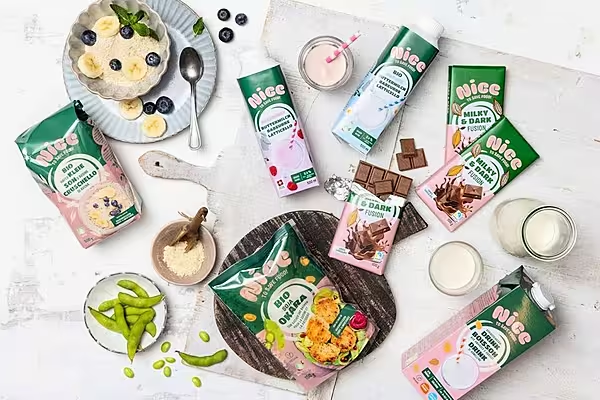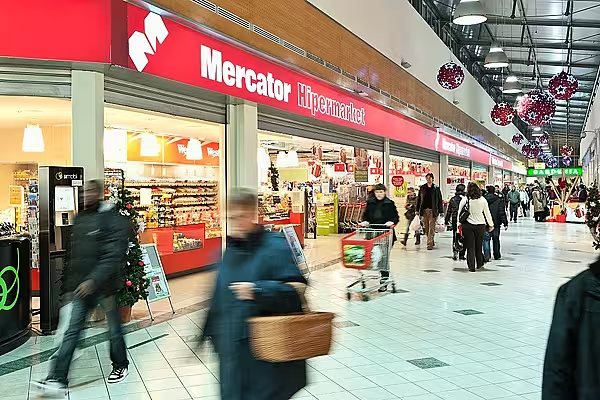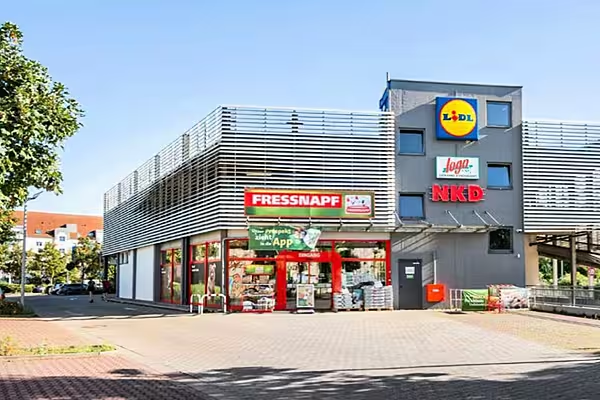Brazilian consumer prices likely fell the most in more than a year in November, a Reuters poll showed on Tuesday, suggesting that the central bank could refrain from raising interest rates for even longer than expected.
The benchmark IPCA index probably dropped 0.10% from October, according to the median of 22 forecasts.
That would be the first decline since August, when the normalisation of supply chains in the aftermath of a nationwide truckers' strike drove prices lower across the board, and the largest since mid-July 2017.
Brazil's annual inflation rate, scheduled to be released at 9:00 local time (11:00 GMT) on Friday, likely slowed to 4.19%, the poll showed, compared to 4.39% in mid-November and 4.56% at the end of October.
That would lag not only the 4.5% midpoint of this year's official target range but also the 4.25% midpoint for 2019.
'Material Risk'
"We now see a material risk that the year-end CPI inflation could run much slower than our current estimate of 4.3%," Citigroup economists wrote in a report. "We also see accompanying risks that in 2019 CPI inflation could fall below the central bank's target."
While non-recurring drops in categories such as power, food and fuel costs account for much of the slowdown, underlying price pressures also remain muted as double-digit unemployment keeps a lid on wage gains.
So-called core inflation, which strips the index of volatile categories, has hovered around 3.9% - higher than in previous months but still sharply below the headline rate.
That would reinforce a perception that the central bank should be in no rush to lift interest rates from all-time lows, in line with its recent communication.
The bank in October kept the benchmark Selic interest rate at 6.5% for a fifth straight meeting and acknowledged that upward risks to inflation have eased.
In the minutes of that encounter, policymakers said inflation, currently at "appropriate levels," was likely to peak in the second quarter of 2019 before easing towards its target.
News by Reuters, edited by ESM. Click subscribe to sign up to ESM: European Supermarket Magazine.











